Following the shock of his death, well-justified remembrances of Dwayne McDuffie flowed out yesterday. A few words kept appearing over and over: respect and honesty. In a business where pettiness and jealousy are motivations far more than we’d like to admit, McDuffie seemed to rise above all that.
His writing and love of storytelling — and his security in its quality — allowed that. DAMAGE CONTROL, a Marvel miniseries from 1989 by McDuffie and Ernie Colón, came at the heels of the superhero deconstruction trend made popular by WATCHMEN and DARK KNIGHT, but with a lighter touch: Superheroes and villains were always destroying property in their epic battles. Who cleaned up the mess? It’s still fondly rememberedd.
McDuffie went on to work as an editor at Marvel until going freelance in 1990. During that time he wrote the memo reproduced above and posted all over the place yesterday. As well it should be. Comics isn’t an industry that handles racial issues very well, and it certainly wasn’t doing it in 1989, when the memo was written. And in the memo is everything that made McDuffie great — instead of getting angry or accusing, he calmly and humorously showed up well-meaning silliness for what it was. Silliness. Someone HAD to say these things. Someone still does.
If you watched the video I posted yesterday where McDuffie spoke of what it means to be a black writer in comics, you see how he dealt with constant silliness and pigeonholing: with intelligence and the ability to just keep doing the work he wanted to do. Instead of wasting time with bitterness or complaining, McDuffie actually did something about making comics a more diverse, welcoming place. Along with Derek Dingle, Mike Davis, and Denys Cowan, he co-created and co-owned Milestone Media, a fully formed universe of characters, which they then got DC to publish as a line of comics. McDuffie served as Editor-in-Chief and created many of the characters, including Static, a new, youthful superhero character whose adventures led to a successful Saturday morning cartoon several years later.
Static Shock ran on the Kids WB for four years, until 2004. In all that time there was never a Static Shock comic tie-in. You can say that DC just didn’t want to do more kids comics, and it would be true. I’m sure you could come up with other reasons, as well.
But I want to go back to the fact that Dwayne did something about what he believed in instead of just complaining. Respect. And by doing something he helped create a pantheon of characters that did inspire readers and made comics a better, more humane place.
Aside from being enjoyable cartoons, his work on JUSTICE LEAGUE and JUSTICE LEAGUE UNLIMITED also helped make comics a better place, keeping the characters in front of a wider audience with good stories that didn’t talk down. It was hard work. Years ago I was visiting a friend who worked on the Batman show and was surprised to find Dwayne sitting in an office — I had forgotten he was a story editor at WB. We chit-chatted for a while and I commented on the giant joke-sized bottle of “Headache pills” on his desk. He just rolled his eyes. “I need a king-sized supply for this job,” he joked back.
Over at The V, a nerd-themed message board that McDuffie frequented, members mourned him and posted an iconic series of pages, starting with the opening scene of HARDWARE, one of the original Milestone titles:
Later on, he revisited it in X-O MANOWAR (vol. 2)
And later yet in MILESTONE FOREVER #2, part of a truncated Milestone revamp.
The evolution of the allegory says lot about the man and his own journey.
CBR has some remembrances of McDuffie from his comics colleagues and friends. They are hard to read, the loss was so sudden. For even more heartbreak, there’s his message board — he was generous with his time and insight and just as blunt and honest there. A thread called “Ask the Maestro” is a model of candor and accessibility. If it is too sad to look at now, I hope it’s left up as a memorial to his dignity and intelligence.
If there’s anything at all good about this awful event, it’s that Dwayne went out on top — the ALL-STAR SUPERMAN movie he wrote had just debuted to strong reviews, and he’d been out and about promoting it, seemingly healthy and happy.
Dwayne fought a lot of battles and didn’t always win, but he knew they had to be fought. I think in that way he was ultimately the victor, and that’s how I’ll remember him. Respect.
McDuffie photographed by Seth Kushner, February 13, 2011.


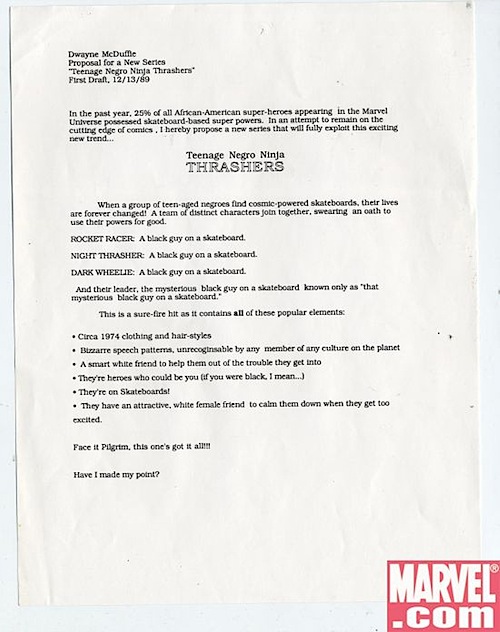
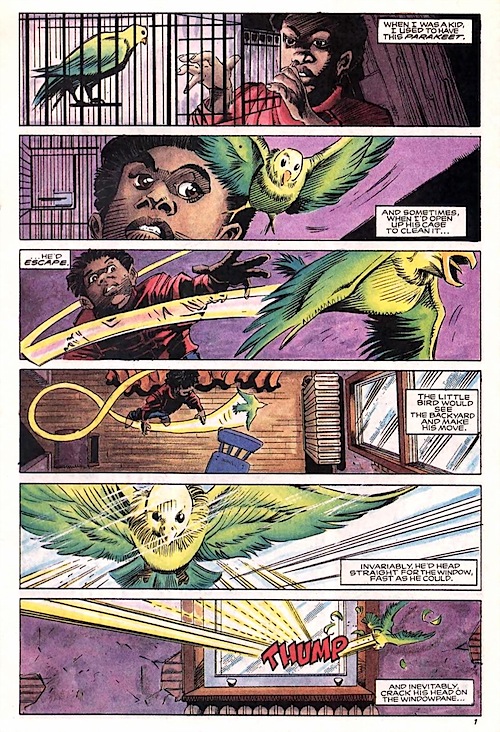
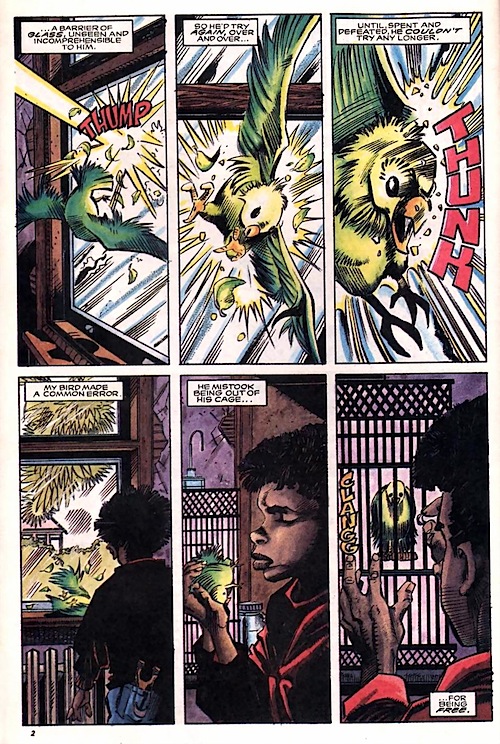
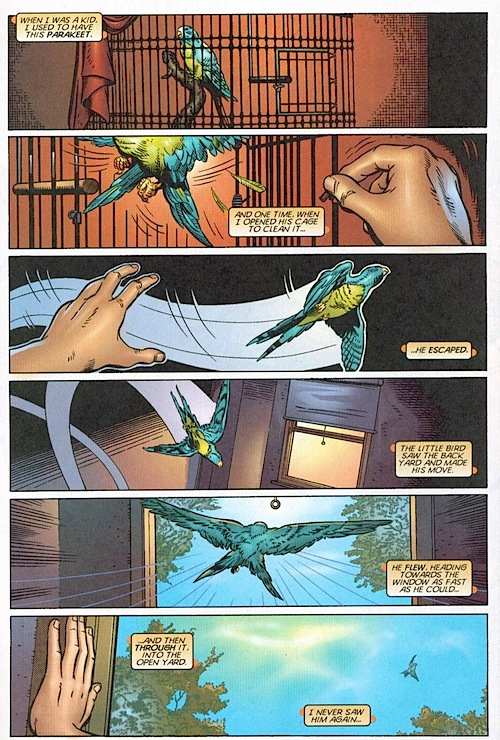
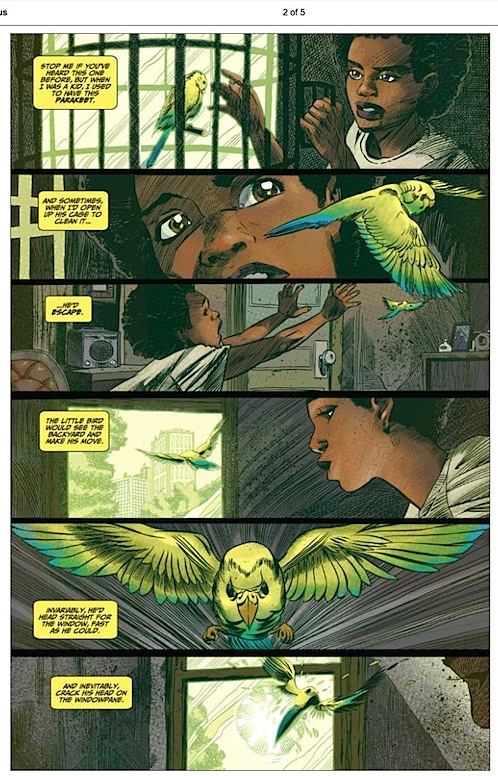
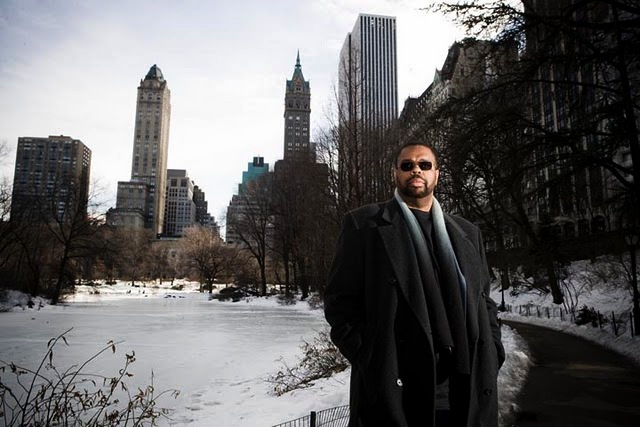
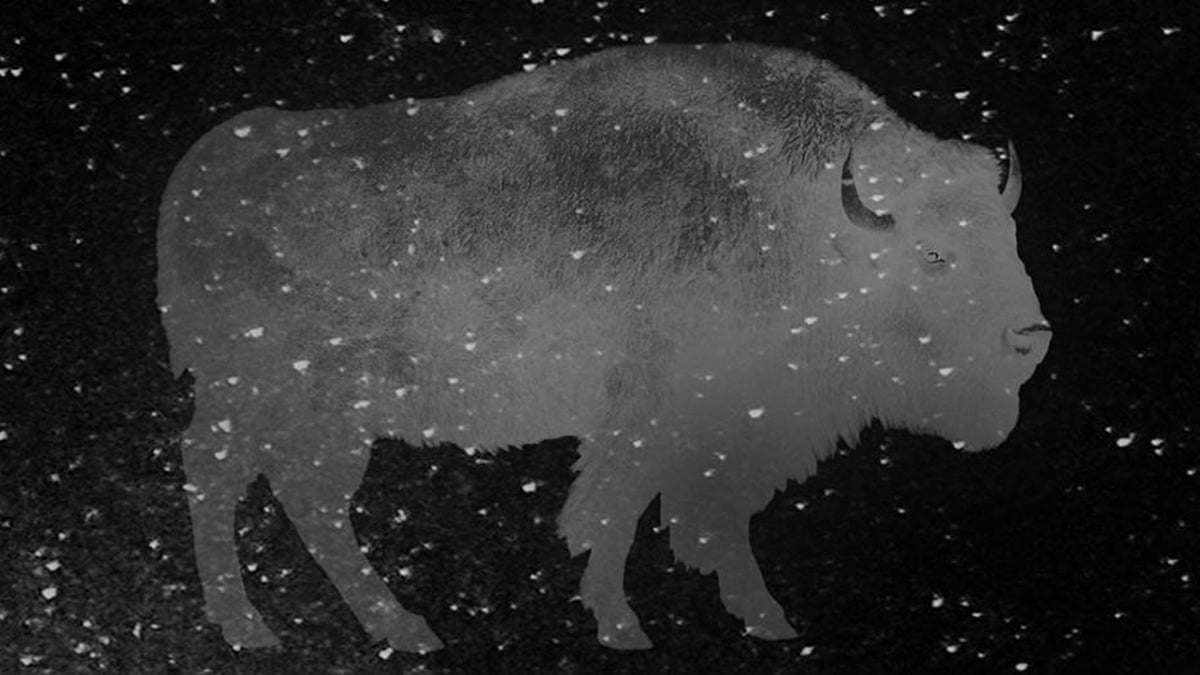





That was a very nice remembrance for a great man who deserved it.
I will note one thing, there was a four issue Static Shock miniseries by Dwayne McDuffie and John Paul Leon that came out in late 2001 to tie in with the show.
A very nice tribute to the man. He had brass, brains, and vision…one of a kind.
Yeah. Not that fan boys can’t use a dose of diversity. But McDuffie’s work was less blacks in comics and more diversity in comics. If anyone read his work without knowing he wrote something, they wouldn’t know the difference, other than it was good.
I think Mcduffie was an old school writer who wasn’t that interested in the big events IE anything Marvel or DC but in developing the characters. Read his last JLA run. DC had told him to do anything, then yanked Superman, Batman and Wonder Woman away when another event/cross over was scheduled. He made lemons out of lemonade. I never cared about Black Canary before, suddenly she was great. Want a perfect example of his work, read “Hardware.” It was the best.
Well done, Heidi. It is indeed hard to read many of the tributes with dry eyes. Yours stands well among the best of them.
That parakeet story is extremely reminiscent of an allegory that was told in Battle Angel Alita. A son of a Mad Scientist was given a birdcage with an egg in it. (The cage had no opening) A few days after getting his gift, the egg hatched into a chick, which later grew into a bird. One day, the boy had the compulsive desire to feel and hold his little pet. So he took a pair of pliers to wrench open the cage.
Naturally, as soon as it was free, the bird flew away from him. And unnaturally, the bird was immediately shot down by a robot sentry.
The scientist laughed at his foolish son, telling him that in the dystopian future he lived in, flying beneath the utopian city was against the law. The bird would’ve been content to live inside its cage all its life.
Years later, that boy had the courage to denounce that the city was wrong even though he was still scared of the recuppersions. He also amended his father’s philosophy to that the bird died living the way it wanted to live. (I’m paraphrasing here – he was talking about a horse, but I think bird works just as well in this context)
I wrote a blog today dedicated to Dwayne and his memorial tribute that was held at Golden Apple last night in case anyone’s interested.
http://www.myspace.com/purplepinupguru/blog
~
Coat
Nice write-up, Coat. Thanks for sharing.
Thanks Ms. Beat. I could’ve done better with a lot of editing though. But then, that’s what liveblogging is all about. Nooks and crannies and all.
~
Coat